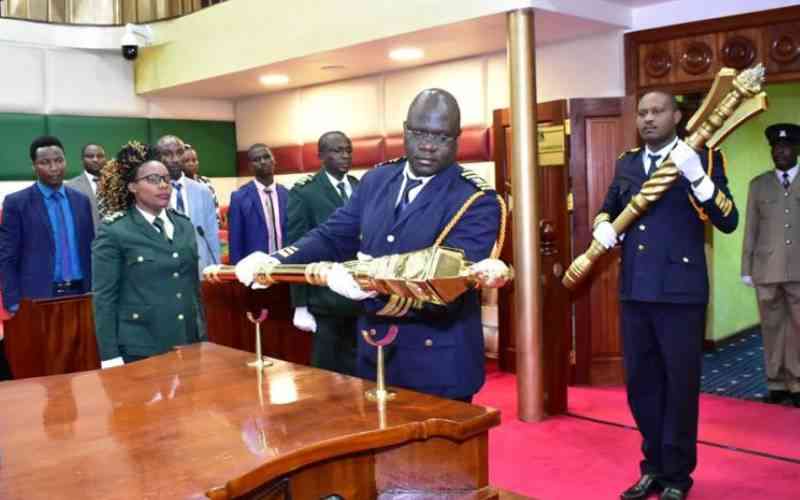×
The Standard e-Paper
Smart Minds Choose Us

The race for county assemblies Speaker position is gaining momentum across the country.
Political parties have shifted their focus to the powerful post after the bruising General Election, in a bid to have candidates of their choice elected.